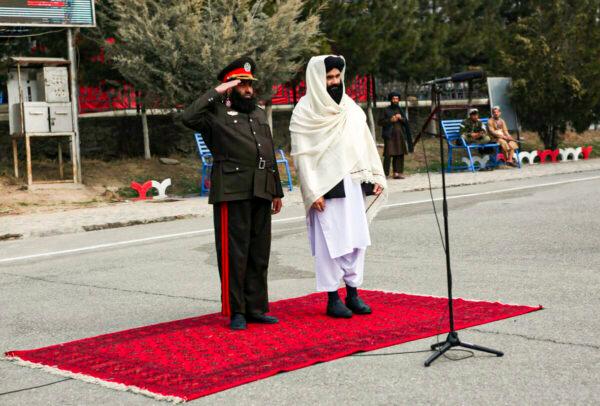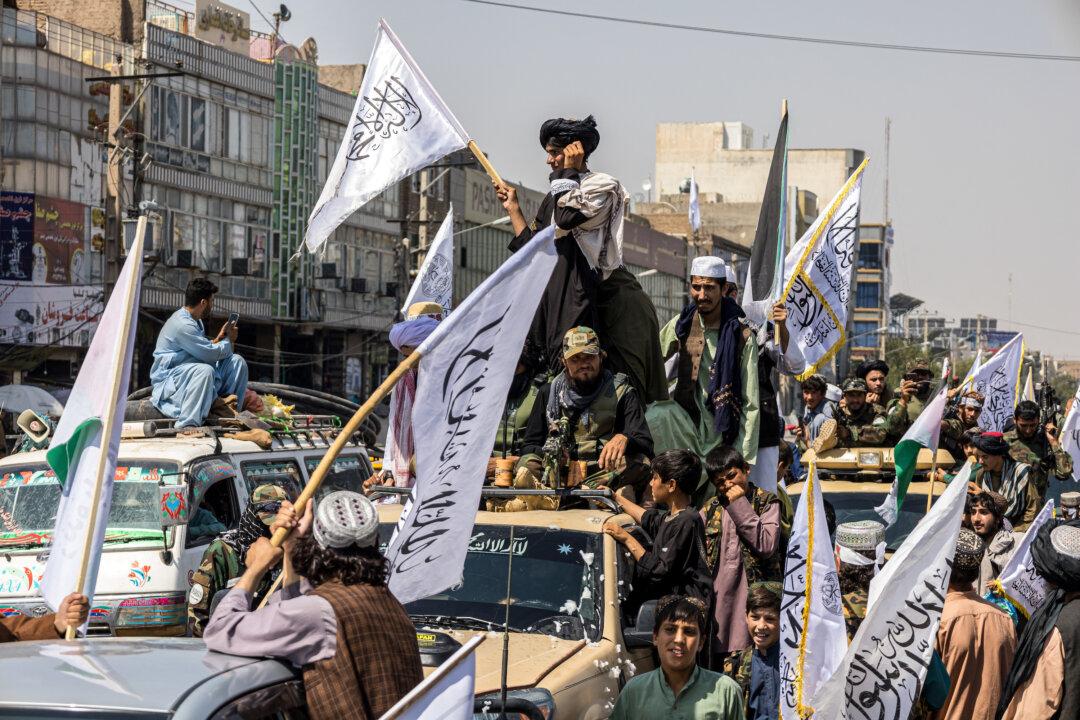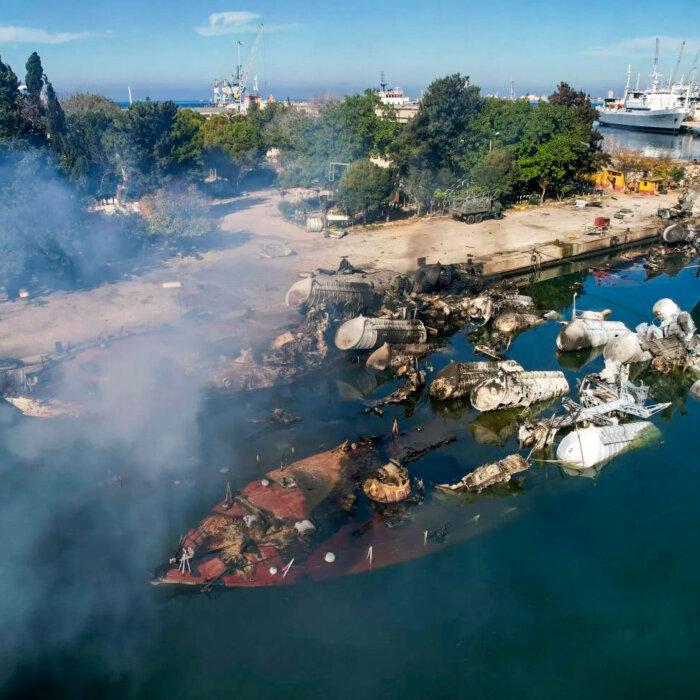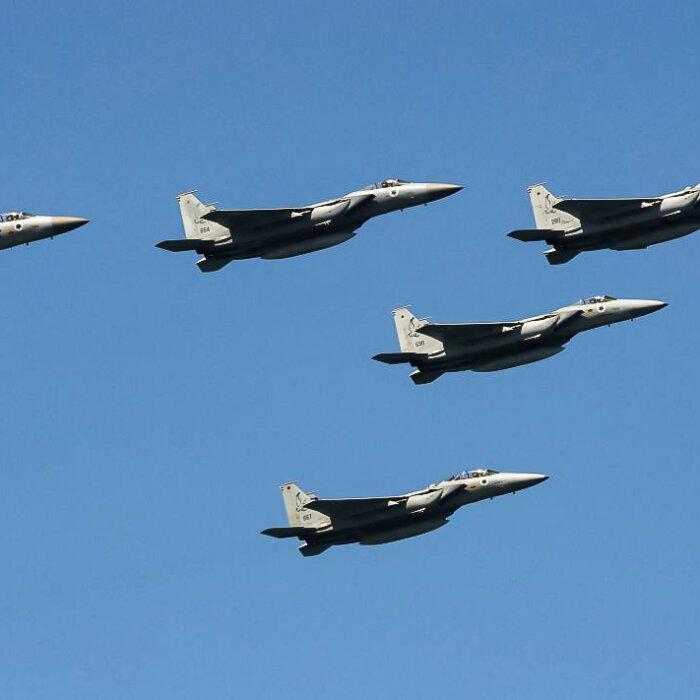An ISIS affiliate in Afghanistan has claimed responsibility after a suicide bomber killed a Taliban minister and two others.
Khalil Haqqani, who was the minister for refugees and repatriation, was killed inside the ministry’s building in Kabul, hours after he attended a meeting chaired by the deputy prime minister, Mullah Abdul Ghani Baradar, earlier on Dec. 11.
In a statement carried by Amaq, ISKP said a suicide bomber waited for Haqqani to leave his office and then detonated his device.
Khorasan is the ancient name for a region that includes Afghanistan, northern Pakistan, northeastern Iran, and southern Turkmenistan.
Tight security measures were in place for Haqqani’s funeral on Dec. 12 in Garda Serai district, in the eastern province of Paktia, the heart of the Haqqani family’s power base.
Taliban spokesman Hamdullah Fitrat said several of the organization’s top officials would attend the funeral to pay their respects to Haqqani, whose brother Jalaluddin was a famous mujahideen leader who fought Soviet troops in Afghanistan in the 1980s.
Assistance Mission Condemns Attack
The U.N. Assistance Mission in Afghanistan condemned the attack and wrote on X: “There can be no place for terrorism in the quest for stability. Our condolences to families affected.”ISKP has carried out several bombings across Afghanistan, often targeting members of the country’s Shiite Muslim minority.
In September, an ISKP suicide bomber killed six people and wounded many others in a suburb of Kabul.
Pakistan’s foreign minister, Ishaq Dar, condemned the killing and said, “Pakistan unequivocally condemns terrorism in all its forms and manifestations.”
Pakistan is one of only a handful of countries that recognize the Taliban as the government of Afghanistan. The others include Iran and neighboring Turkmenistan.
Russia moved a step closer toward recognizing the Taliban government on Dec. 10, when its parliament voted in favor of a law that would remove it from Moscow’s list of banned terrorist organizations.
Michael Kugelman, director of the Wilson Center’s South Asia Institute, said the Taliban had been seeking to portray itself as the master of a country now at peace.
“The killing of a top Haqqani leader inside one of its own ministries undercuts that core narrative,” he said.
Recently, Sirajuddin Haqqani gave a speech in which he appeared to criticize Taliban leader Hibatullah Akhundzada for some of his decisions, especially some of his controversial edicts on women and girls.

But the speech by Sirajuddin Haqqani—who is still wanted by the FBI in connection with a 2008 attack on a hotel in Kabul that killed six people, including a U.S. citizen—suggested all is not well within the Taliban.
Ibraheem Bahiss, an analyst with Crisis Group’s South Asia program, said the timing of the suicide bombing may be significant.






